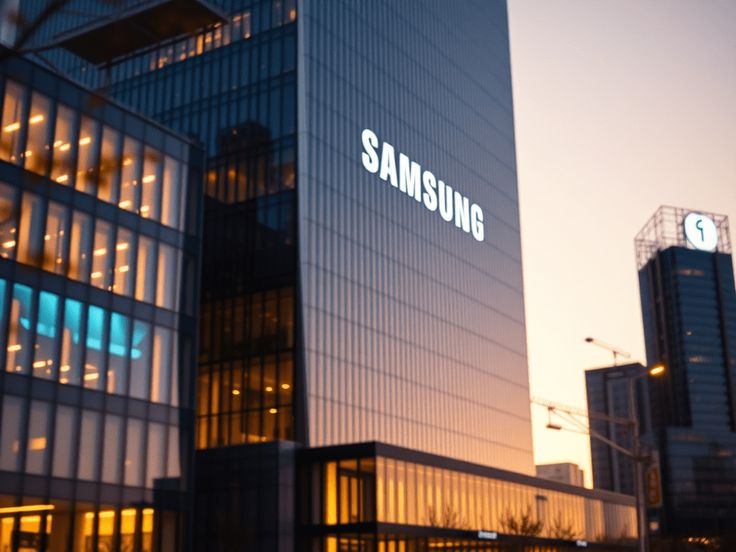



 ${ lang === 'zh' ? '中文': 'ENG' }
${ lang === 'zh' ? '中文': 'ENG' }




 ${ lang === 'zh' ? '中文': 'ENG' }
${ lang === 'zh' ? '中文': 'ENG' }
 ${formatTime('2025-03-31 15:58:08', 2)} ${formatTime('2025-03-31 15:58:08', 3)}, ${formatTime('2025-03-31 15:58:08', 1)}
${formatTime('2025-03-31 15:58:08', 2)} ${formatTime('2025-03-31 15:58:08', 3)}, ${formatTime('2025-03-31 15:58:08', 1)}

Samsung, the global technology giant, is considering a $1-billion investment to establish a manufacturing facility in the Philippines, signaling a major boost for the country’s industrial and economic landscape. The proposed plant is expected to enhance the nation’s role in the global supply chain while generating thousands of jobs for Filipino workers.
According to reports, the new facility will likely focus on semiconductor and electronics production, strengthening Samsung’s competitive edge in the global market. This investment is seen as part of the company’s broader efforts to meet increasing demand for smartphones, consumer electronics, and advanced technology components.
Economic analysts predict that Samsung’s entry could encourage further foreign investments in the Philippines, reinforcing the country’s reputation as a key player in the global electronics manufacturing sector.
Trade and Industry Secretary Alfredo Pascual stated, “Samsung’s interest in setting up a facility in the Philippines is a testament to our country’s growing appeal as a manufacturing destination. We are committed to supporting foreign investors through competitive incentives and a skilled labor force.”
While the investment presents significant opportunities, there are challenges to address. Ensuring reliable energy supply, streamlining bureaucratic processes, and enhancing supply chain logistics will be crucial for the success of the manufacturing plant. The Philippine government is expected to collaborate with Samsung in addressing these factors to ensure a smooth investment process.
As negotiations progress, industry stakeholders and government agencies will work closely to finalize the details of the investment, paving the way for what could be one of the largest foreign investments in the country’s recent history.